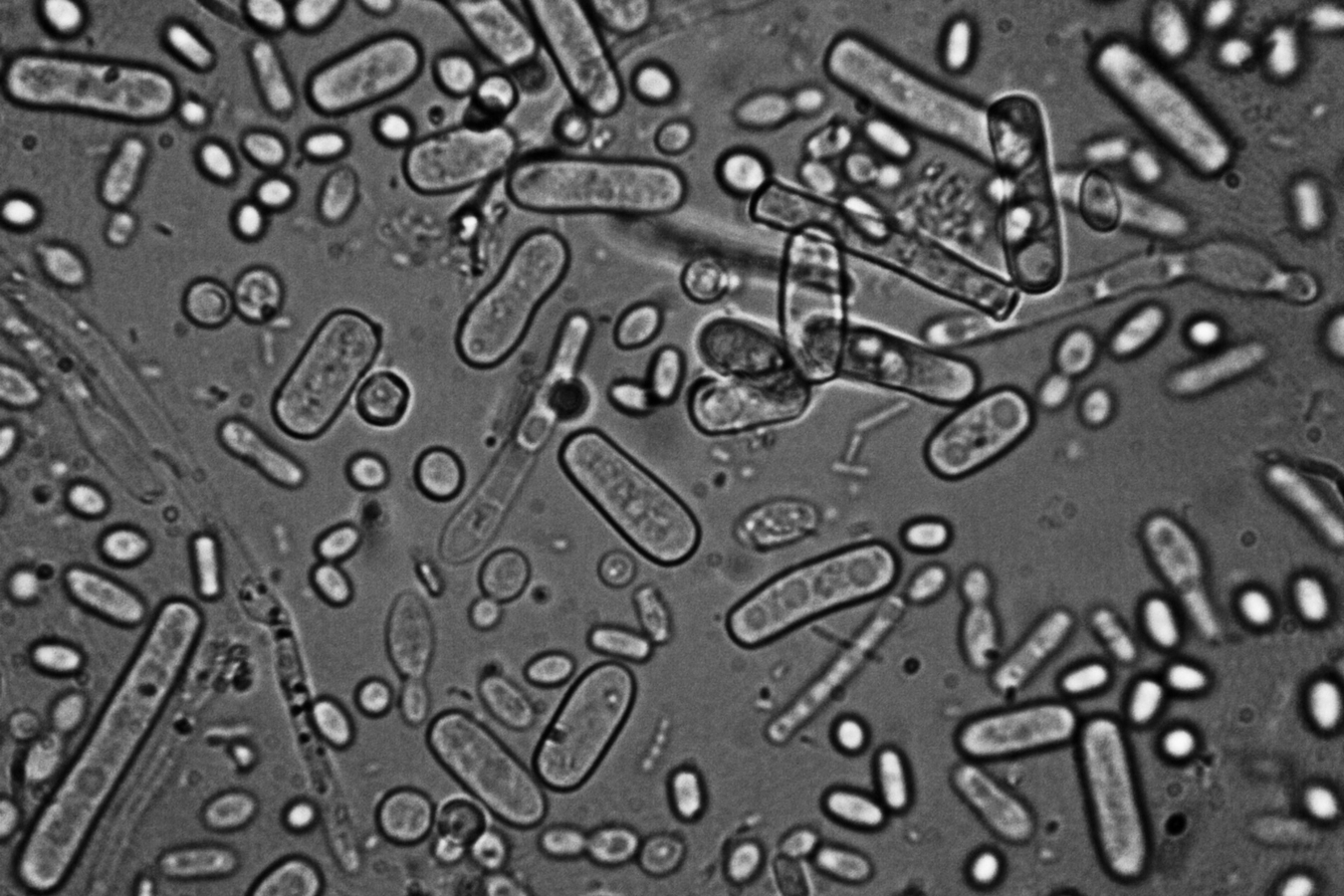Across the tree of life, populations have evolved the capacity to contend with suboptimal conditions by engaging in dormancy, whereby individuals enter a reversible state of reduced metabolic activity. The resulting seed banks are complex, storing information and imparting memory that gives rise to multi-scale structures and networks spanning collections of cells to entire ecosystems. After introducing some of the fundamental attributes and emergent phenomena associated with seed banks, I will discuss how dormancy can modify species interactions with implication for eco-evolutionary feedback. Specifically, using genomic and experimental approaches, I will demonstrate how sporulation in bacteria alters interactions with viruses (phages) in ways that can slow rates of evolution and the spread of pathogens in spatially structured environments.
Get the latest
Subscribe to our newsletters.
